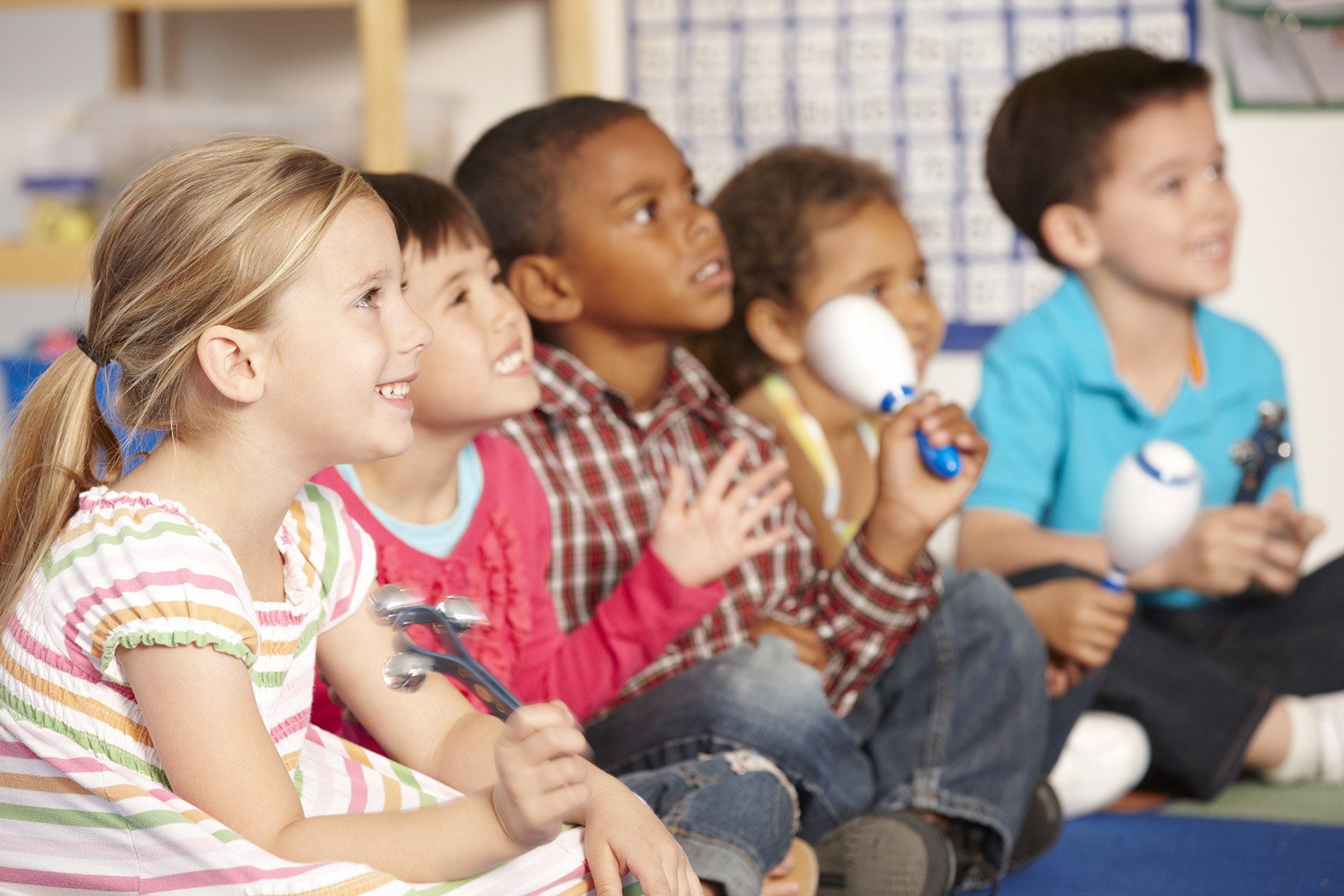Geography
Our Curriculum
At St William’s Catholic Primary School, our curriculum stems from our Mission Statement:
‘By following Jesus’ example, standing side by side, we will nurture each other to fulfil our hopes and dreams’.
We are passionate about helping every child to fulfil their potential and become an all-round versatile citizen with the skills needed to succeed in life. We design our curriculum to ensure it is fully inclusive of every child and that it addresses each aspect of how a child develops, progresses and grows both academically and emotionally. We recognise that we live in a rapidly changing digital world and at St William’s we want to enable our children to not just learn WHAT to think, but HOW to think by developing intellectual learning behaviours. ‘Thinking’ is at the heart of our curriculum because our intent is to future proof our children so they become independent and resilient citizens.
-
Intent
At St William’s Catholic Primary school our Geography curriculum intends to encourage pupils to develop an understanding of places and environments. Through their work in geography, children learn about their local area and compare their life in this area with that in other regions in the United Kingdom and in the rest of the world. They learn how to draw and interpret maps and they develop the skills of research, investigation, analysis and problem-solving. Through their growing knowledge and understanding of human geography, children gain an appreciation of life in other cultures. Geography teaching also motivates children to find out about the physical world and enables them to have an opinion on real word issues.
The Geography curriculum promotes key British Values of tolerance and respect, giving our children exposure to a wide experience of local and global learning where there are opportunities to embrace differences within the world we live.
Geography at St William’s intends to provide children with all the components needed to think like a geographer; geographical knowledge, understanding and skills.
‘The study of Geography is about more than just memorising places on a map. It’s about understanding the complexity of our world, appreciating the diversity of cultures that exists across continents. And in the end, it’s about using all that knowledge to help bridge divides and bring people together.’ Barack Obama
-
Implementation
Our Geography curriculum follows the Oddizzi scheme of work as a basis and is adapted to meet the needs of our learners. The Oddizzi pathway covers the statutory requirements from the National Curriculum which includes locational knowledge, place knowledge, human and physical geography and geographical skills and fieldwork. Each year group completes three topics every academic year.
Children explore key themes within these areas year-on-year in order to develop their knowledge of the content, as well as developing skills required to work geographically. In Geography, children will use a wide range of sources, including age appropriate atlases, globes, large maps, digital and aerial mapping, compasses, the internet as well as first hand experiences through fieldwork.
Teachers adapt for the diverse needs of all learners, differentiating activities where necessary and as appropriate, and ensuring an appropriate level of challenge.
-
Impact
The measure of impact is to ensure children not only acquire the appropriate age related knowledge linked to the curriculum, but also skills which equip them to progress from their starting points. In shaping our curriculum this way, progress can be measured and evidenced for all children, regardless of their starting points or specific need.
Monitoring in Geography includes book looks, lesson observations and/or learning walks, pupil and/or staff voice. This provides an accurate and comprehensive understanding of the quality of education in Geography.
In Geography, the curriculum is the progression model. The pupils are assessed through their acquisition of the relevant substantive knowledge and appropriate disciplinary concepts. Assessment is completed at the end of each unit with a final ‘best fit’ teacher assessment made at the end of the year. The geography coordinator and class teachers will ensure that assessment is embedded as an essential part of teaching and learning. Pupils will receive subject specific feedback which enables them to recognise their next steps and how to take them.
If throughout the year, children are not making progress against the criteria, it is the responsibility of the class teacher to seek support and have a professional discussion with the subject leader regarding their concerns.
-
Helping Your Child With Geography
Geography is a subject integral to children’s understanding of the world around them so the learning doesn’t end in the classroom. Geography is everywhere, all of the time and good geography education is a partnership between the child’s home and school and there are a lot of things you can do as a parent/carer to support your child’s journey.
Providing opportunities for your child to talk about Geography at home can be a really great way for them to develop their understanding. If you have time, talk to your child about their locality and events in the news. There may be topical events that particularly peak their interest that you could spend more time researching e.g. natural disasters, climate change, food/petrol shortages etc.
-
Useful Links







